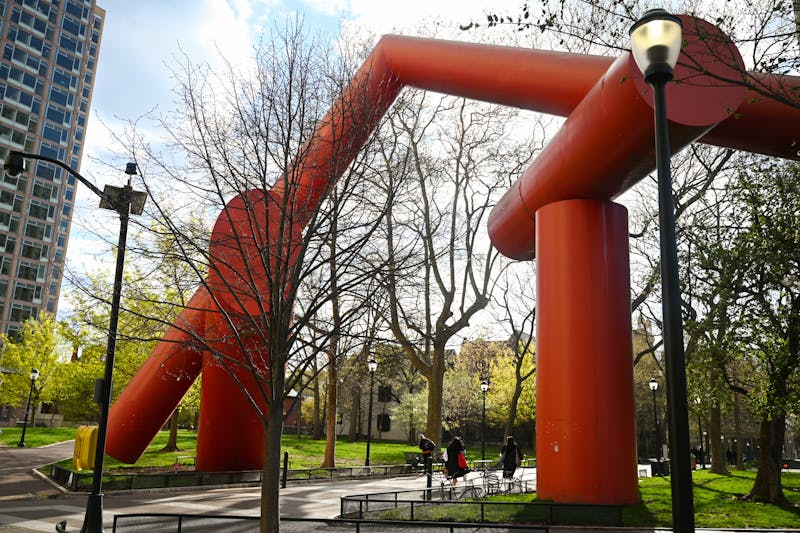Last Monday, as part of Unity Week, I helped facilitate a lively discussion on Asian participation in hip hop culture. I have studied this issue and talked with students of all ethnicities on the status of the musical genre. While many significant ideas emerged from these exchanges, the central theme for me is the growing disconnect between the popularization of hip hop and its social and political roots. In this era of mass commercialization, it seems as if these original messages have been lost. The roots of rap music and hip hop culture trace far back into the history of the African diaspora. Hip hop, as we know it today, originated three decades ago in the black and Latino neighborhoods of the South Bronx. These are still some of the poorest communities in the entire country; yet, the spawning of the rap phenomenon -- perhaps the most popular music in the world today -- is a testament to their resilience. Yet, the divorce between commercial hip hop and its social and political roots is a shame. The creative styles that emerged during earlier eras combined fun-loving, confident displays of prowess, such as emcee battles, with messages of rebellion and resistance. When I first listened to rap music over a decade ago, these were the most prominent genres of hip hop -- and one could not escape their inherent politics. I remember the revolutionary messages put out by Public Enemy and KRS-ONE. Songs like Stetsasonic's "A.F.R.I.C.A./ Free South Africa," which called for an end to apartheid, helped raise my own political consciousness and still resonate. Unfortunately, hip hop, as the public knows it, has been co-opted by commercial forces. Many people identify hip hop primarily with material commodities and entertainment -- clothing, dance music and partying. The lyrics and messages of songs do not seem important, and when they do, the emphasis is usually on violence and misogyny. The positive, political themes of hip hop are largely relegated to the underground. It is true that some of the realities of urban life reflected in rap music have been misrepresented and marketed for profit. And hip hop has never been free from the misogyny and homophobia that pervade American society. But to me, hip hop is not really about any of these things. It is not even, at its core, simply about the so-called four basic elements -- emceeing, deejaying, break dancing and graffiti -- that purists identify. Hip hop is essentially about a particular mentality -- one of resistance to oppression and assimilation, of carving out your own space, of showing pride in who you are and letting the world know about it. And it's about having fun the whole time. All four basic elements reflect these themes in some manner. And the political overtones of many hip hop lyrics also express this resistance and self-assertion. Many people have lost sight of this essence, instead identifying hip hop with whatever commercial fad is "the flavor of the month." But I have also met people who do appreciate the essence of hip hop as I know it. My own involvement in hip hop is not widespread, but it goes quite deep. It got me thinking about many issues of social justice that are important to me to this day. And ultimately, if people make the effort, hip hop can be a bridge for social change and empowerment. Understanding of urban life and politics must accompany the growing interest in hip hop culture. To the extent that involvement in hip hop can help build a resistance movement, I fully encourage it. But we must realize that this goes far deeper than material consumption of hip hop culture. It even goes beyond the music; it involves understanding. As Chuck D of Public Enemy once said, "Rap is an introduction. If people really want to learn something, they got to pick up some books." Awareness and self-assertion are not commodities that can be bought; people must work to acquire them. And, if properly understood and appreciated, hip hop can play a very positive role in this process for people of all backgrounds.
The Daily Pennsylvanian is an independent, student-run newspaper. Please consider making a donation to support the coverage that shapes the University. Your generosity ensures a future of strong journalism at Penn.
DonatePlease note All comments are eligible for publication in The Daily Pennsylvanian.








